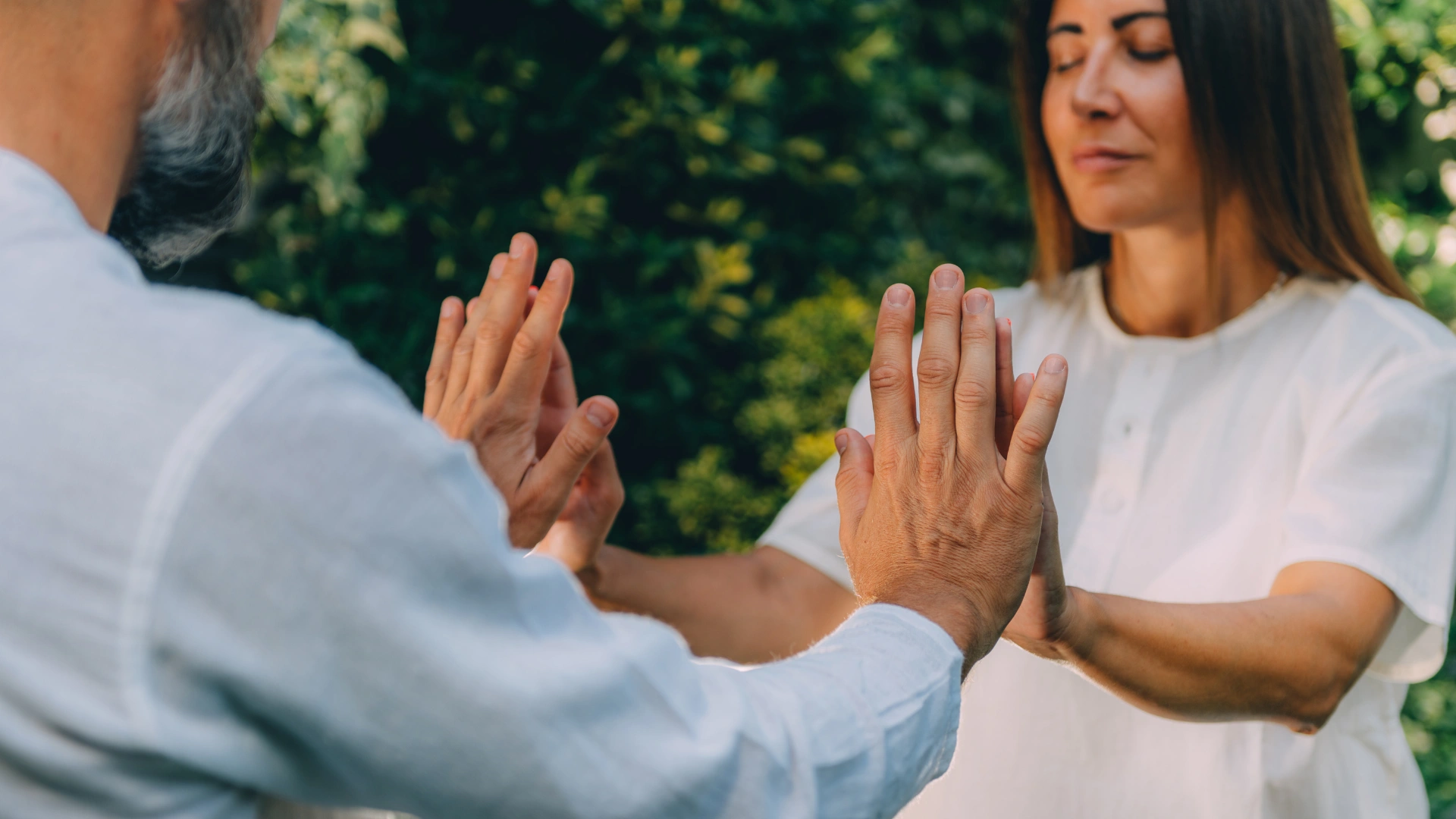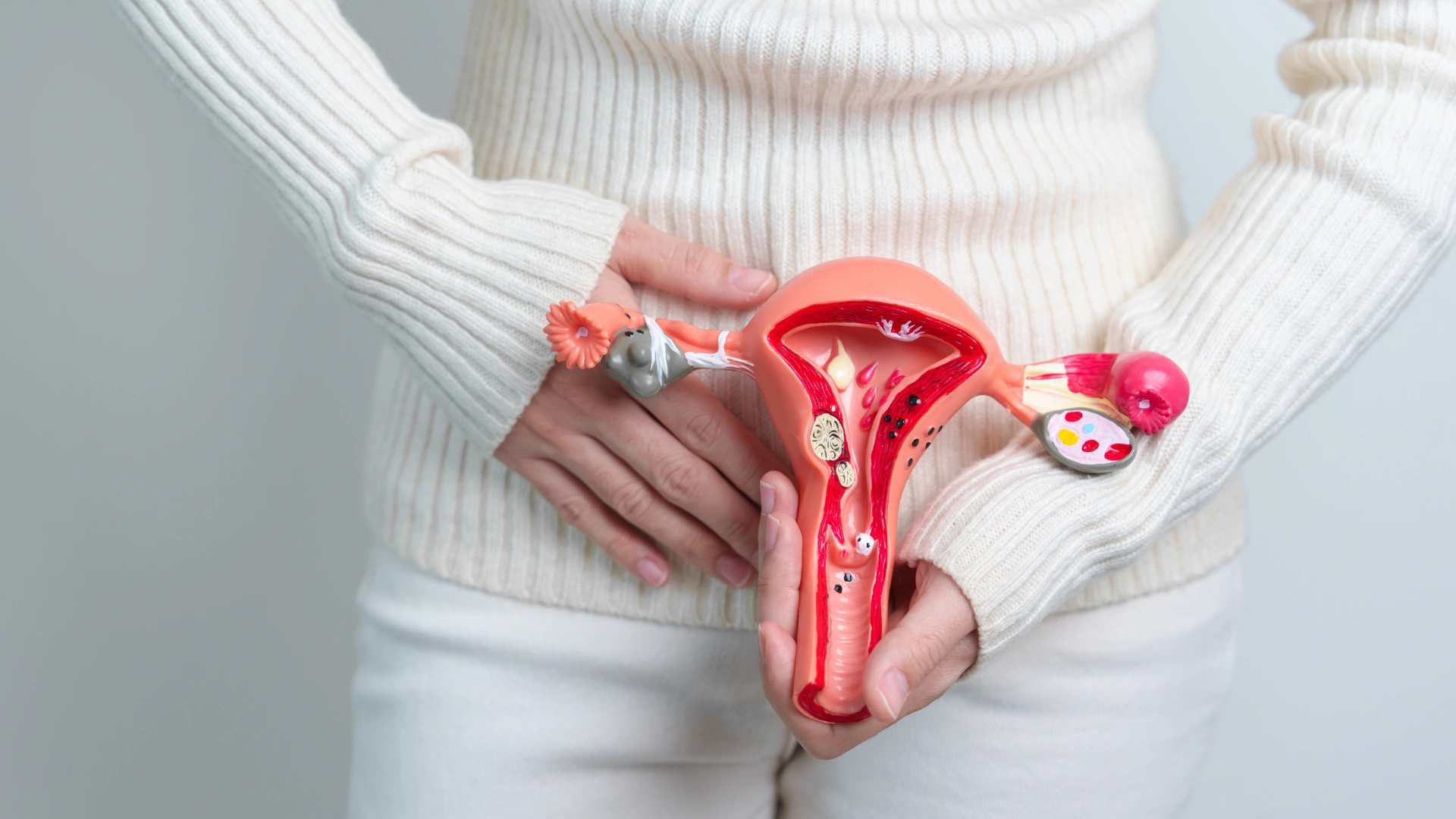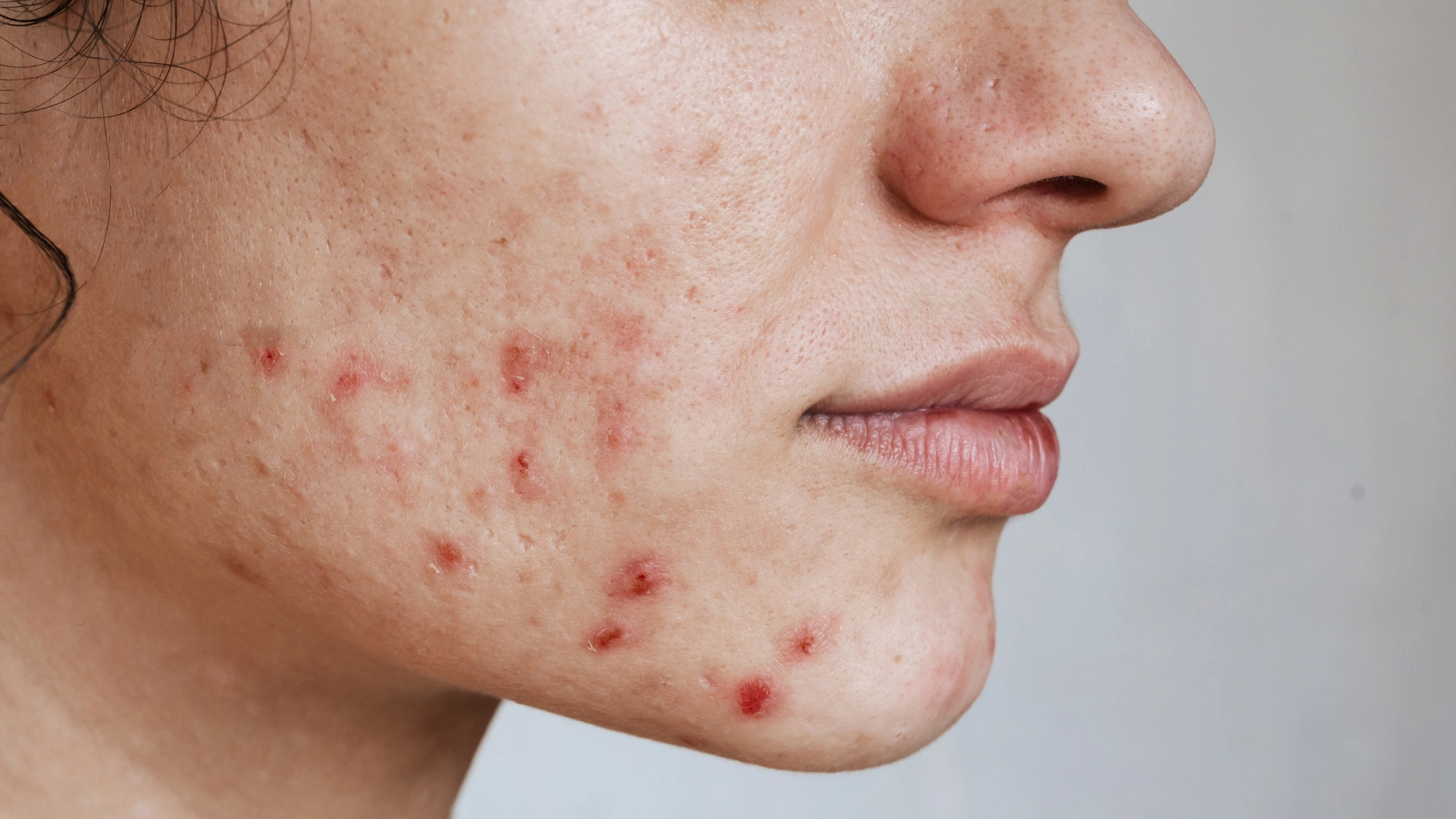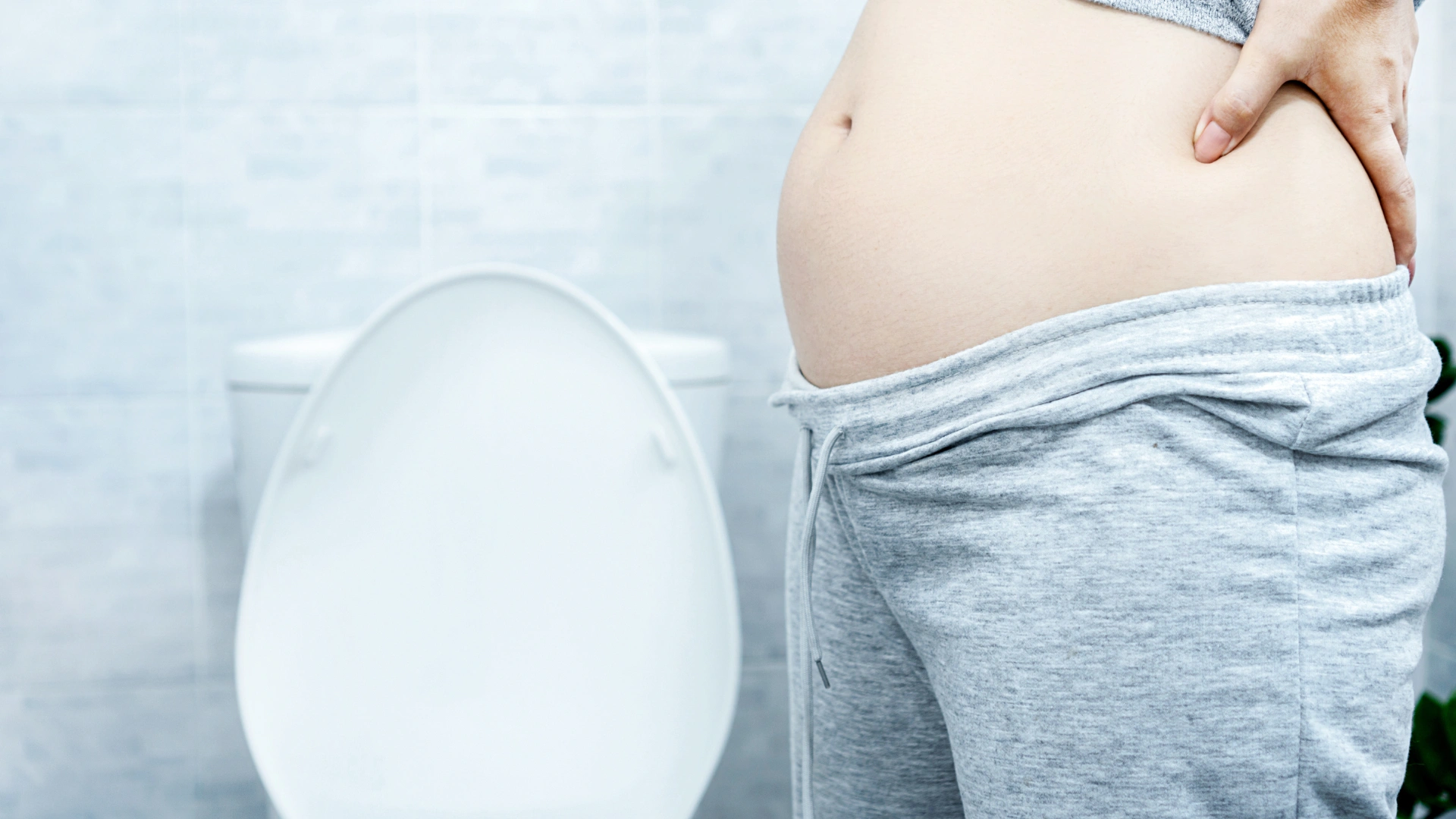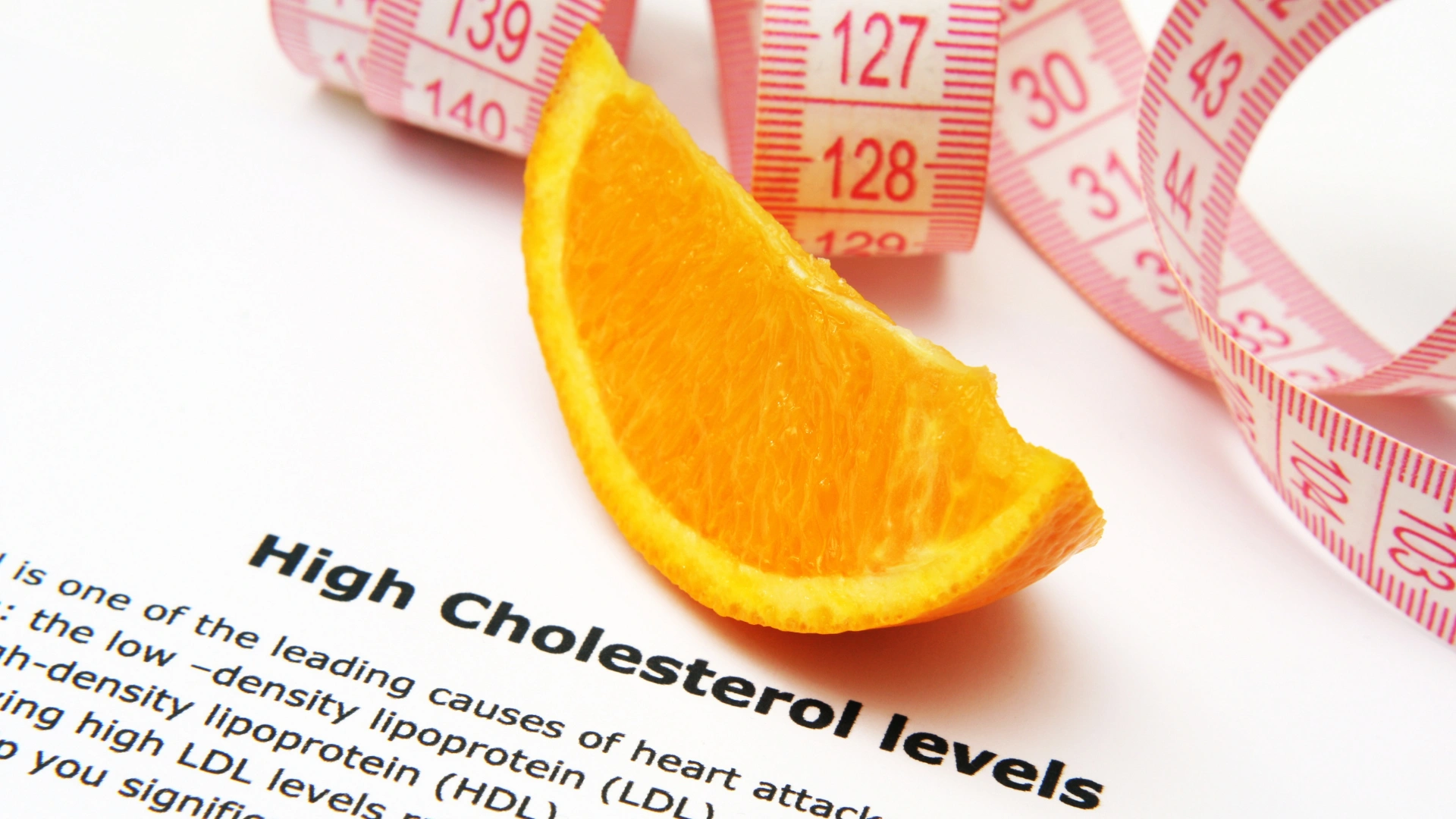
Anxiety disorders are the most common mental disorders and affect more than 21 million Americans. These disorders can disrupt daily life, making it challenging to manage stress and maintain a sense of calm. Anxiety can manifest in various ways, such as generalized anxiety disorder, panic attacks, social anxiety, and specific phobias. The causes of anxiety can be complex, involving a mix of genetic, environmental, and psychological factors.
In this article, you will learn about 15 natural remedies for reducing anxiety and stress, offering practical tips and techniques for incorporating them into your daily life.
15 Natural Remedies for Anxiety and Stress
Finding natural ways to manage anxiety can be empowering and effective. The following remedies offer various methods to help alleviate anxiety symptoms:
Deep Breathing Exercises
Deep breathing exercises can significantly reduce anxiety. They help activate the body’s relaxation response, reducing stress hormones. A study has shown that deep breathing techniques reduce cortisol levels, leading to lower stress and anxiety. A simple method is the 4-7-8 technique: inhale for 4 seconds, hold for 7 seconds, and exhale for 8 seconds. Practicing this regularly can help calm the mind and body.
Meditation
Meditation involves focusing the mind and eliminating distractions, promoting a sense of calm. Research found that meditation programs can reduce anxiety symptoms by about 20%. Mindfulness meditation, which focuses on the present moment, is particularly effective. Even a few minutes a day can make a significant difference in reducing anxiety.
Yoga
Yoga combines physical postures, breathing exercises, and meditation to promote relaxation and reduce anxiety. A study found that regular yoga practice can lower stress and anxiety levels. Yoga encourages mindfulness and helps release tension from the body. Poses like the child’s pose and legs up the wall are calming and can be done easily at home.
Herbal Teas Like Chamomile or Lavender
Herbal teas, such as chamomile and lavender, have calming effects that can help reduce anxiety. Chamomile contains antioxidants that bind to brain receptors, promoting relaxation. A study found that chamomile extract significantly reduced anxiety symptoms. Similarly, lavender tea has been shown to have soothing properties. Drinking a cup of herbal tea before bed can help improve sleep and reduce anxiety.
Regular Exercise
Physical activity increases the production of endorphins, the body’s natural mood lifters. A study found that participants who engaged in regular aerobic exercise experienced a significant reduction in anxiety levels. Walking, running, swimming, or cycling can help alleviate anxiety symptoms. Aim for at least 30 minutes of moderate exercise most days of the week to see the best results.
Aromatherapy With Essential Oils
Aromatherapy uses essential oils to promote relaxation and reduce anxiety. Scents like lavender, bergamot, and ylang-ylang are known for calming effects. Research showed that inhaling lavender essential oil reduced anxiety levels in patients before surgery. You can use essential oils in a diffuser, add a few drops to your bath, or apply diluted oils to your skin to benefit from their calming properties.
Spending Time in Nature
Natural environments have a calming effect on the mind and body. Whether walking in the park, hiking in the woods, or just sitting in your garden, outdoors helps lower stress levels and improve mood. Nature exposure reduces the production of stress hormones and promotes a sense of peace and relaxation. Make it a habit to spend some time outside each day to enjoy the calming benefits of nature.
Progressive Muscle Relaxation
Progressive muscle relaxation (PMR) is a technique that involves tensing and then relaxing different muscle groups in the body. This method helps reduce physical tension and anxiety. Start by tensing the muscles in your toes, hold for a few seconds, and then release. Gradually move up through your body, tensing and relaxing each muscle group. PMR helps you become more aware of physical sensations and promotes a state of relaxation, making it a useful tool for managing anxiety.
Journaling
Journaling is an excellent way to manage anxiety by expressing and organizing your thoughts. Writing down your feelings can help you process emotions and gain perspective on your worries. Set aside time each day to write about what’s on your mind. Focus on your thoughts, feelings, and any situations causing you anxiety. Journaling can help clarify your thoughts, reduce mental clutter, and provide relief and understanding.
Mindfulness Practices
Mindfulness practices involve focusing on the present moment without judgment. This can be done through activities like mindful breathing, mindful eating, or simply paying attention to your surroundings. Practicing mindfulness helps reduce anxiety by interrupting the cycle of worry and grounding you in the present. It encourages a state of awareness and acceptance, which can lead to a calmer mind and reduced anxiety levels. Incorporate mindfulness into your daily routine by setting aside a few minutes each day to practice being fully present.
Limiting Caffeine Intake
Caffeine is a stimulant that can increase heart rate and trigger anxiety symptoms in some people. According to a study, reducing caffeine consumption can help decrease anxiety levels. High caffeine intake is linked to increased anxiety and nervousness. Try switching to decaffeinated coffee, herbal teas, or other non-caffeinated beverages to see if it makes a difference in your anxiety levels.
Getting Enough Sleep
Getting enough sleep is crucial for managing anxiety. Poor sleep can exacerbate anxiety symptoms, making it harder to cope with stress. A study found that individuals who don’t get enough sleep are more likely to experience higher levels of anxiety and stress. Aim for 7-9 hours of quality sleep each night to support your mental health. Establish a regular sleep schedule, create a relaxing bedtime routine, and make your sleep environment comfortable and conducive to rest.
Listening to Calming Music
Listening to calming music can help reduce anxiety and promote relaxation. Soft, soothing music can lower heart rate, blood pressure, and stress hormone levels. Create a playlist of your favorite calming tunes and listen to it during stressful times or as part of your relaxation routine. Whether classical music, nature sounds, or ambient music, the right soundtrack can help ease anxiety and create a peaceful atmosphere.
Taking a Warm Bath or Shower
Warm water helps relax tense muscles and promotes a sense of calm. The heat can also improve blood circulation, which contributes to overall relaxation. Soothing elements like Epsom salts, essential oils, or calming music can enhance the experience. A warm bath or shower can serve as a peaceful retreat, helping wash away the day’s stress and anxieties.
Connecting With Loved Ones
Social support from family and friends provides a sense of security and belonging, which can help alleviate anxiety and stress. Sharing your thoughts and feelings with someone you trust can provide emotional relief and perspective. Whether through phone calls, video chats, or time together, maintaining strong social connections can significantly improve your mental well-being and help manage anxiety.
Can Functional Medicine Treat Anxiety?

Yes, functional medicine can treat anxiety by addressing its root causes rather than just symptoms. Functional medicine practitioners look at nutrition, hormone levels, gut health, and lifestyle factors to create a personalized treatment plan. This holistic approach often includes dietary changes, stress management techniques, and natural supplements. According to a study, patients who followed functional medicine protocols experienced significant reductions in anxiety symptoms. By targeting the underlying causes, functional medicine can provide a comprehensive and effective approach to managing anxiety.
What Dietary Changes Help Manage Anxiety?
Incorporating foods rich in omega-3 fatty acids, such as salmon and flaxseeds, can support brain health and reduce anxiety. Foods high in antioxidants, like berries, nuts, and leafy greens, help protect the body from stress-induced damage. Complex carbohydrates in whole grains and legumes promote steady blood sugar levels, which can help stabilize mood. Reducing sugar and processed foods can prevent spikes in anxiety. Additionally, staying hydrated and avoiding excessive caffeine and alcohol intake can help maintain a calm and balanced mind.
Can Herbal Supplements Decrease Anxiety?
Yes, herbal supplements can decrease anxiety. For example, a study found that taking chamomile extract reduced anxiety symptoms by up to 50% in participants. Another effective supplement is ashwagandha, which has been shown to lower cortisol levels and improve anxiety symptoms.
In a study, 88% of participants who took ashwagandha reported significant reductions in anxiety. Passionflower and valerian root are also popular for their calming effects. It’s important to consult with a healthcare provider before starting new supplements to ensure they are safe and appropriate for your needs.
What Breathing Techniques Reduce Anxiety Quickly?
Breathing techniques can reduce anxiety quickly by calming the nervous system. One effective technique is diaphragmatic breathing, where you breathe deeply into your diaphragm rather than shallowly into your chest. To practice, sit or lie down comfortably, place one hand on your chest and the other on your abdomen, and take slow, deep breaths, ensuring your abdomen rises more than yours. Another quick technique is the 4-7-8 method: inhale for 4 seconds, hold for 7 seconds, and exhale slowly for 8 seconds. These techniques can help lower heart rate and induce a state of calm within minutes.
How Does Meditation Help With Anxiety?
Meditation helps with anxiety by promoting mindfulness and reducing the focus on anxious thoughts. During meditation, you focus on your breath, a mantra, or a peaceful image, which helps quiet the mind and prevent it from wandering into stressful or anxious thoughts. This practice trains your brain to stay in the present moment, reducing the tendency to worry about the future or dwell on the past. Regular meditation can lead to structural changes in the brain, enhancing areas involved in emotional regulation. As a result, individuals who meditate frequently often experience lower levels of anxiety and a greater sense of calm.
How Do I Start a Routine to Manage Anxiety Naturally?
Starting a routine to manage anxiety naturally involves incorporating several lifestyle changes and practices. Begin by setting aside specific times each day for activities that promote relaxation and well-being. Start with deep breathing exercises or meditation in the morning to set a calm tone for the day. Include regular physical activity, such as walking or yoga, in your daily schedule.
Pay attention to your diet, eat nutritious meals, and stay hydrated. Limit caffeine and sugar intake. Make time for hobbies and activities you enjoy, and ensure you connect with loved ones regularly. Establish a consistent sleep routine for 7-9 hours of quality sleep each night. Journaling can also be a helpful evening practice to process your thoughts and feelings. Consistency is key, so gradually build these habits into your daily routine.
How Long Does It Take to See Effects From Natural Remedies?
Some techniques, like deep breathing exercises and aromatherapy, can provide immediate relief, helping to reduce anxiety symptoms within minutes. Practices like regular exercise, meditation, and dietary changes may take a few weeks to a few months to show significant improvements as they work gradually to enhance overall mental and physical health. Herbal supplements may also take a few weeks to start showing noticeable effects. Being patient and consistent with these natural remedies is important, as their benefits often build over time with regular use.
How Do I Know if Natural Methods Are Working for Me?
Keep a journal to track your mood, anxiety levels, and any specific symptoms you experience. Note how you feel before and after practicing techniques like deep breathing, meditation, or exercise. Improve your ability to handle stress, sleep quality, and daily mood. If you notice a reduction in the frequency or intensity of anxiety episodes, it’s a good sign that the methods are effective. Additionally, pay attention to feedback from those around you, as they may notice positive changes in your behavior and demeanor.
What Are the Best Natural Remedies for Panic Attacks?

Natural remedies can be very effective in managing and reducing the intensity of panic attacks. Here are some of the best options:
- Deep Breathing: Slow breathing can help calm the nervous system during a panic attack. Focus on inhaling deeply through your nose, holding for a few seconds, and then exhaling slowly through your mouth.
- Grounding Techniques: Grounding exercises help redirect your focus away from anxiety. Try the 5-4-3-2-1 method: Identify five things you can see, four things you can touch, three things you can hear, two things you can smell, and one thing you can taste.
- Aromatherapy: Essential oils like lavender, chamomile, and bergamot can have calming effects. Inhale these scents directly or use a diffuser to help reduce panic symptoms.
- Herbal Teas: Drinking calming herbal teas like chamomile or valerian root can help soothe your nerves and prevent panic attacks.
- Physical Activity: Light exercise, such as walking or stretching, can help reduce the adrenaline surge associated with panic attacks.
How Often Should I Practice Relaxation Techniques?
For general maintenance and prevention, practicing relaxation techniques daily is beneficial. Aim to incorporate activities like deep breathing, meditation, or yoga into your routine for at least 10-20 minutes daily. If you are experiencing higher levels of stress or anxiety, you may find it helpful to engage in these practices multiple times a day. Listening to calming music, taking short breaks for mindfulness, or practicing progressive muscle relaxation can be done as needed throughout the day to manage acute stress or anxiety episodes. Regular, consistent practice is key to experiencing the full benefits of these techniques.


